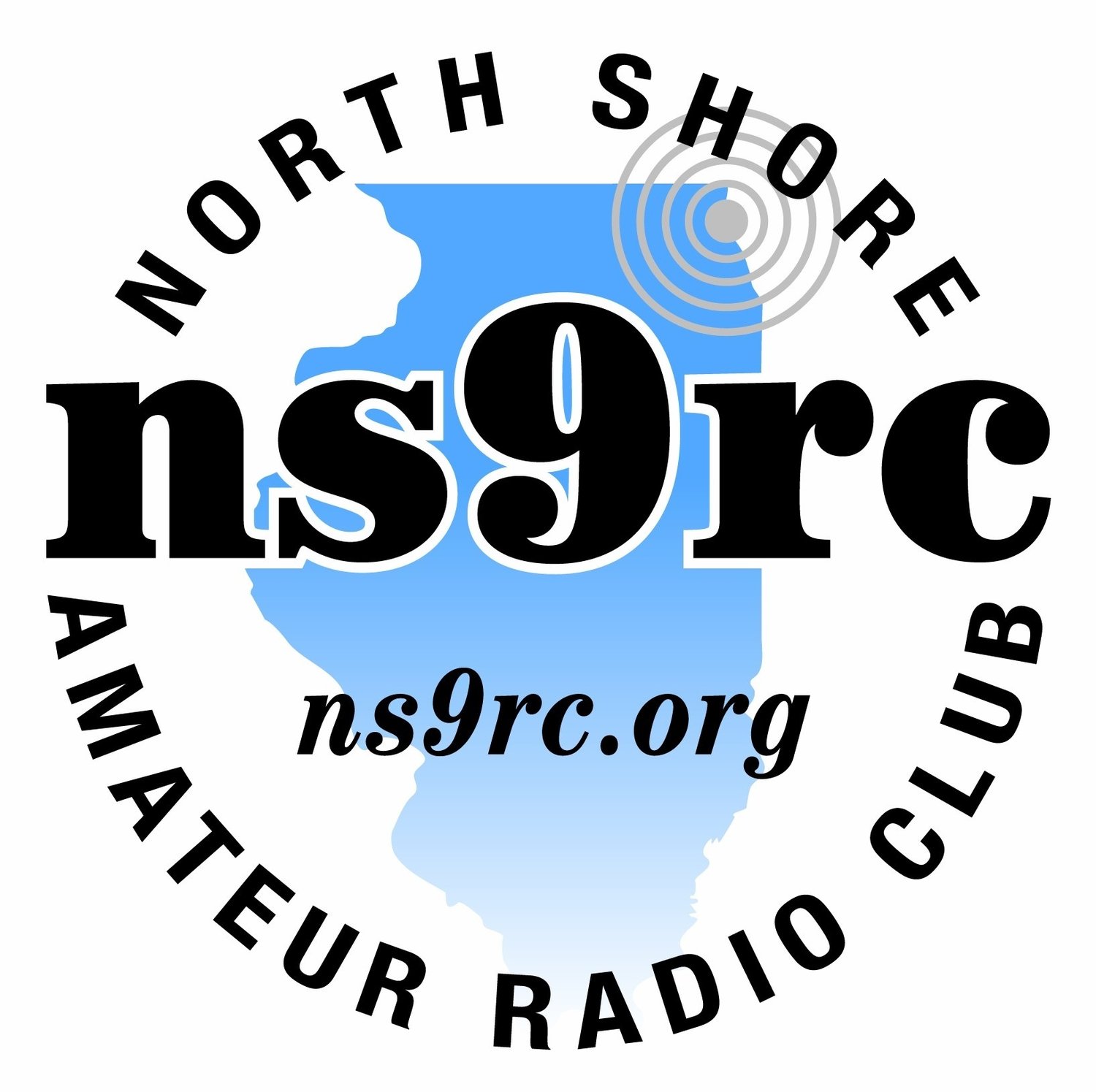Digital Etiquette
The North Shore Radio Club operates two D-Star repeaters on 440 MHz and 1.2 GHz. Each of these systems can connect to digital chat rooms (“Reflectors” on D-Star). On D-Star, there are many types of reflectors, REF (D-Plus - US Trust), XRF, DCS and XLX.
There is a subtle difference between the digital modes. On D-Star, you can connect our repeaters to another repeater as well as to a reflector. Our digital repeaters tend to be connected to local area rooms, which serve the Illinois and Midwest areas. On D-Star (440 MHz), it’s REF 51C, which is linked to a number of repeaters in the local area. The D-Star machine is set to automatically connect to certain local area interest nets such as the Illinois net on REF 01D and the Wisconsin and Indiana nets. After a period of inactivity, the system will automatically return to its “home”, which is REF 51C. Users are welcome to connect to some of the busier reflectors, such as REF 01C or REF 30C. These reflectors can be very active, and the repeater could be busy for quite a while. One thing to keep in mind is that while connected to a busy reflector, local users are precluded from talking without bringing up dozens of machines, nationwide or worldwide. So, if you want to talk to faraway places, by all means go for it. But if you want to just listen all day, be aware that you are locking up the repeater. The same goes for checking in to countless obscure or specialty nets. A good test would be that if you were the only local person checking in, using a personal Hotspot and allowing others to use the repeater might better serve us all. Another option in some of the more modern D-Star rigs is the ability to operate your radio in a personal Node mode. Rigs such as the ID-52 and the IC-705 support this function. What this means is that the radio can connect directly to your PC (either with a cable or Bluetooth) and access a Reflector directly, eliminating the Hotspot or even the need to transmit any RF.
When changing a reflector or room on any of our digital repeaters, it’s normally good practice to ask first if anyone is listening to the current room and announce your intentions. When you are done, please leave the repeater where you found it by switching back.
Hopefully the above better explains the club’s digital linking philosophy and allows as many members as possible the opportunity to enjoy our digital repeaters.
If you have any questions or suggestions, please feel free to contact any Board member or Tech Committee member.
